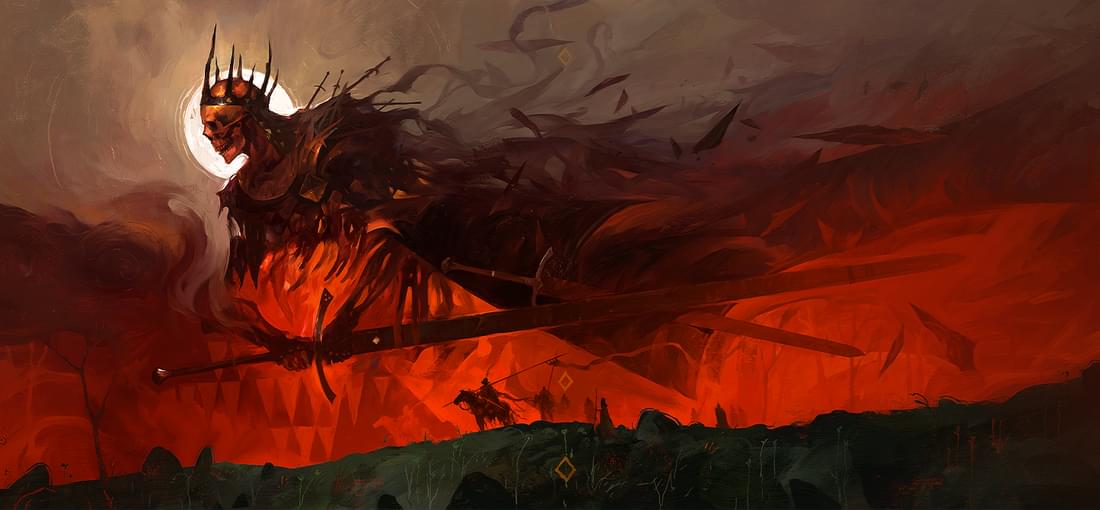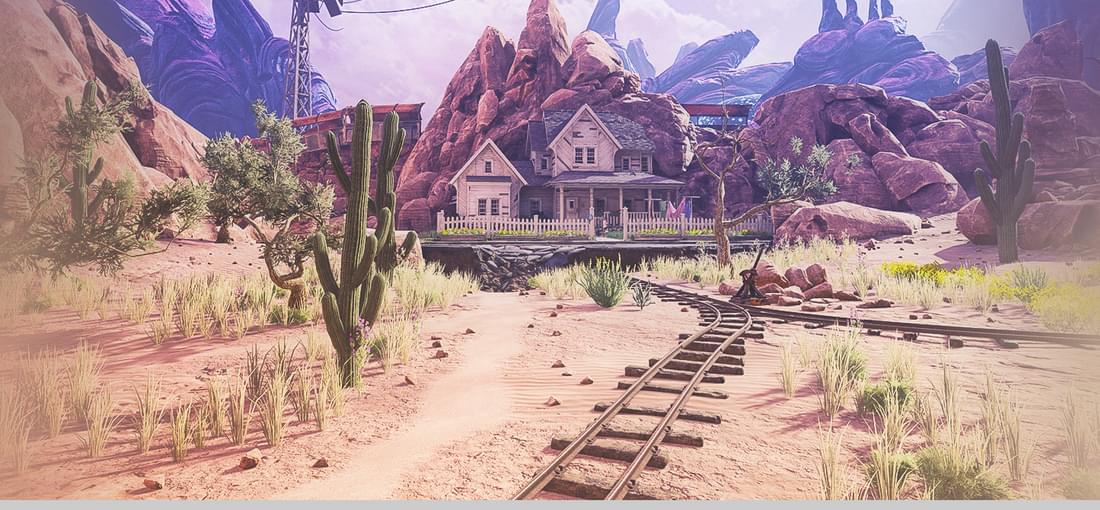


(Review of v1.1 version) Tainted Grail is ambitious, perhaps a bit too ambitious for the resources the studio had. Nonetheless, we can feel the passion and efforts brought to the work, and despite its flaws I really enjoyed it. What are the game's strengths? Most importantly, its story, worldbuilding and overall art direction. It is about old fairytales and chivalry going (or gone) awry : Without spoiling, multiple threats is tearing down the legendary kingdom of Avalon. Its people are trying all they can to keep afloat the shattered remains, stitching it with what little hope is left. But in doing so, leaders confuse necessity and cruelty, knights blindly do what they think is their duty, and believers turn to false deities. It's a dark world for sure, but not an excessively dramatic one. Most of the time, quests are not about how you make things worse than if you didn't act at all. Instead, it's about (your) beliefs and delaying what seems inevitable. And that's great, because it means your choices matters. Even if you can't make everyone happy, even if it's only a temporary solution, you did help where you can... Or create a bit more chaos if that's your thing (do know however that you are enticed towards a morally neutral or good route). And there is a lot to do and choose : Almost everyone you meet will have a quest to give you or is an important character for one. And to be clear, that's not an overstatement, but really the truth! All of the above transpires in the art : There lie ruins of once magnificent castles, unlucky humans are corrupted by fey creatures or magic (sometimes both!), and legendary weapons and armors are now a shimmer of their old fame and glory. There was something grand before, but it's withering away as fewer and fewer people remain alive, sane and well. Game-design wise, it is a traditional first-person RPG done well : A lot of weapons, skills or items are simple, but interesting. Close-ranged combat use dashes and parries to spice things up, while enemies still poses a threat against ranged characters. There are a lot of possible playstyles, from brawly knights to sneaky rogues and mystical wizards. Multiclassing your character (e.g. : making a mage/warrior mix) is viable, but only after some time. However, know that in the later acts the game fall a bit on its knees as a game. Story and art-wise it still holds very strong, but the game's balance and lack of enemy variety doesn't follow up all the way through. Indeed, enemies will reappear as minor variants of others... If they're not simply the same. Also, since (most) enemies don't scale with your level at all, you can become extremely overpowered even on the hardest difficulty... and especially when you do a no-fast travel run like I usually do. Both these elements can make the battles a bit stale after dozens and dozens of hours spent in the game. Along with the more numerous bugs (e.g. : Silent audio, wrong translation...), you really notice that the studio ran out of budget for the last act. In other words, they were just a few steps from the end line, but failed to reach it properly. Did I enjoy Tainted Grail less because of that? Yes, definitely, as I wished I could challenge my end-game build and mettle against enemies that don't die in one hit. The New Game+ unfortunately didn't really help as they were still too weak (or I was too strong, I don't know x) ). But first, that would be unfair for the game, because I did farm a lot for experience points -even if indirectly by my run's rules-, so I went way off the XP curve a normal player would have. Then, that would be forgetting that the first act is very well polished (and not because it's short!), and that the middle of the game is still very enjoyable. Even if I didn't have access to the final act, I would have had a very positive experience. Finally and most importantly, its story and worldbuilding was enough to keep me going through the last act; It shows how strong it was. So if you're a fan of Arthurian legends and want a spin-of of it, liked the tabletop game of the same name (there are some references to it), or simply want an RPG with a long story and rich world, this is a very good candidate to spend your evenings with.

I quickly quitted because the first-time player experience is not up to standards, even for at the time it was released (2016). To sum up, the game designers definitely had a big love for the old classics (Myst first coming into mind), but didn't understand what made their universe enticing to explore. First, the control schemes are torn up between the now very outdated position-to-position movement and the free-roam "FPS" camera you have in the Witness, Quern, The Thalos Principle and so on. It's advised to use the first one because you have a clearer view of what are the puzzle elements... But you feel unpleasantly stuck in a cell. A bit like the main character in this game, in fact ^^. On top of that in both movement modes the game is extremely slow : Running feels like you're a tortoise with asthma. Add in to this that lots of areas are dead-ends or "to-be-unlocked later" doors and you already spent 1 hour jogging sluggishly through the first puzzle. But the main reason you're not enticed to explore are just the lack of mid-term objectives behind the short-term ones. Indeed, early on you'll meet a man who hides in a house. Besides being a flat image on a door's window (another hint they didn't update from Myst's formula), this man tells you to do something without explaining why or what's happening. At all. Worse, they will tell you to buzz off if you knock back on their door in hope for more hints. Sure, I could read the notes scattered around to understand what that blue and red beam does, or ponder where the power generator I need to turn on is... But why doesn't he "want" to tell me all that while I need to understand to help them? Why should I -me and my character- care if they -both the characters and developpers- don't bring me the elements for that? I mean, they don't even want to tell the very basics, just the current objective. This quickly turned me off despite a graphically promising universe, and I fear it will turn off most players, too.